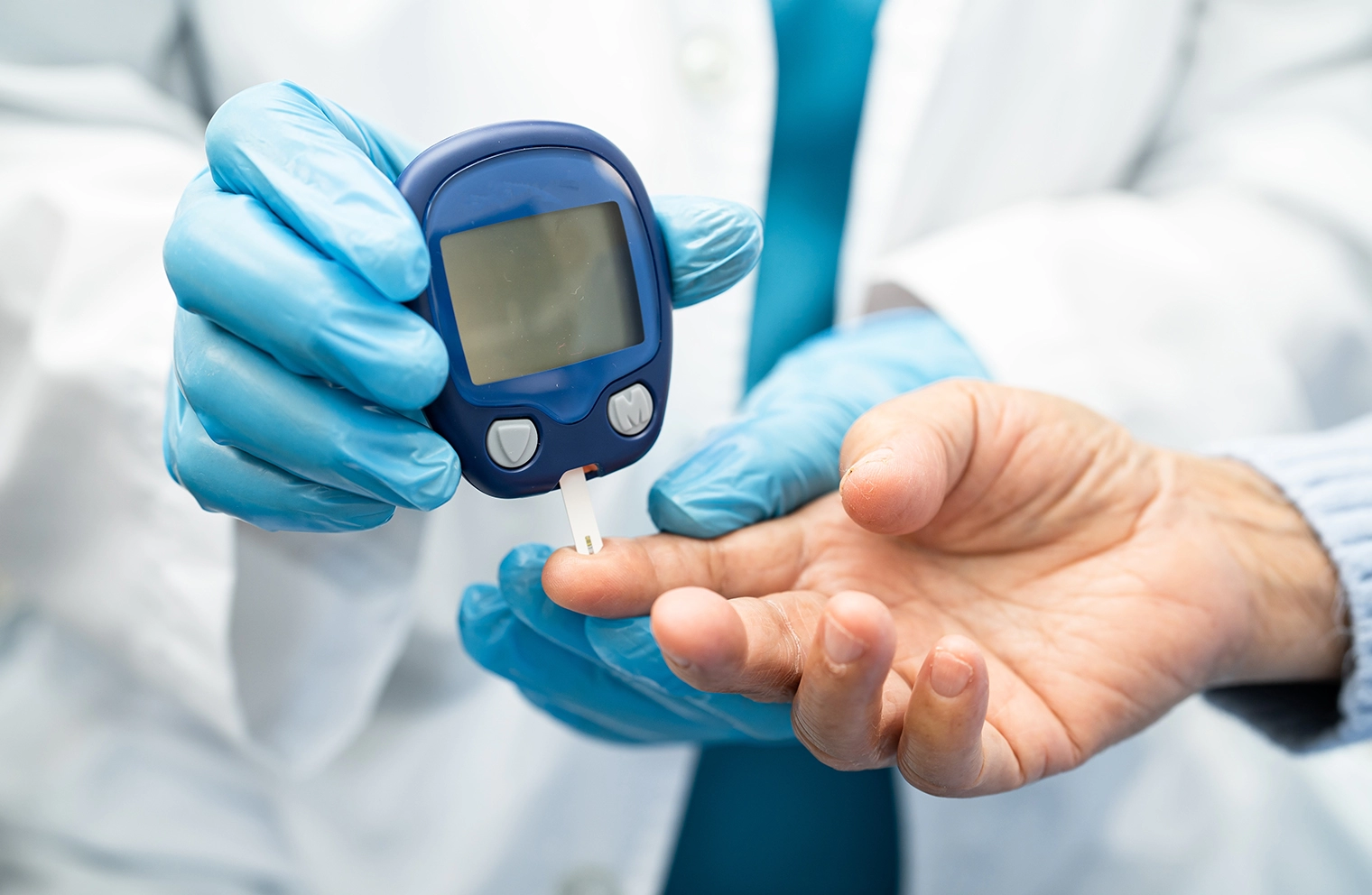
The therapist provide care to people for all ages. Regular visits to your doctor are crucial for preventative care, early detection of health issues, and fostering a trusting relationship between doctor and patient. These appointments play a key role in monitoring and managing your overall health. The therapist treats chronic conditions, assess symptoms, provide preventative care, and advise patients on when to consult a specialist.
Chronic disease managment includes monitoring and treatment of chronic conditions such as diabetes, high blood pressure, kidney disease, heart disease, high cholesterol, arthritis, skin problems, breathing issues such as asthma, chronic obstructive pulmonary disease and so on.
Regular annual check-ups are essential for maintaining your health and well-being. These visits allow your therapist to monitor your overall health, identify potential issues early, and provide necessary preventive care. The frequency of check-ups may vary depending on your age and individual health needs.


• Checking vital signs (blood pressure, temperature, heart rate, and respiratory rate)
• Ordering routine blood tests to check for conditions like high cholesterol or diabetes
• Conducting a head and neck examination
• Performing a heart, lung, and musculoskeletal assessment
• Carrying out an abdominal exam
• Administering vaccinations
• Examining your skin
• Providing women’s health screenings, such as pap smears, osteoporosis tests, mammogram referrals, and sexual health screenings
• Offering men’s health screenings, including prostate exams, aortic aneurysm screenings, and colorectal exam referrals
• Assessing infants and children to monitor growth
Besides the doctor will ask about your lifestyle, medications, mental health, and other health-related concerns.
These are general guidelines, but individual needs may vary based on your specific health conditions, regardless of age.





Fill in the required fields
We will help you quickly find what you need!
